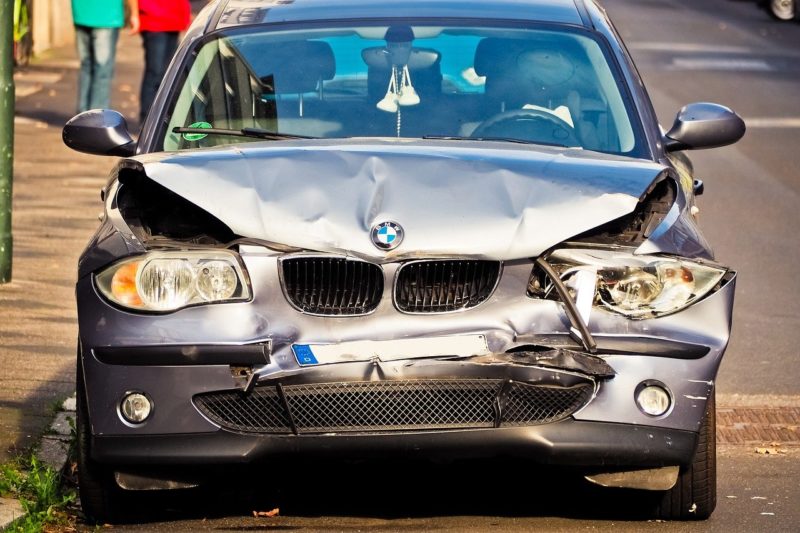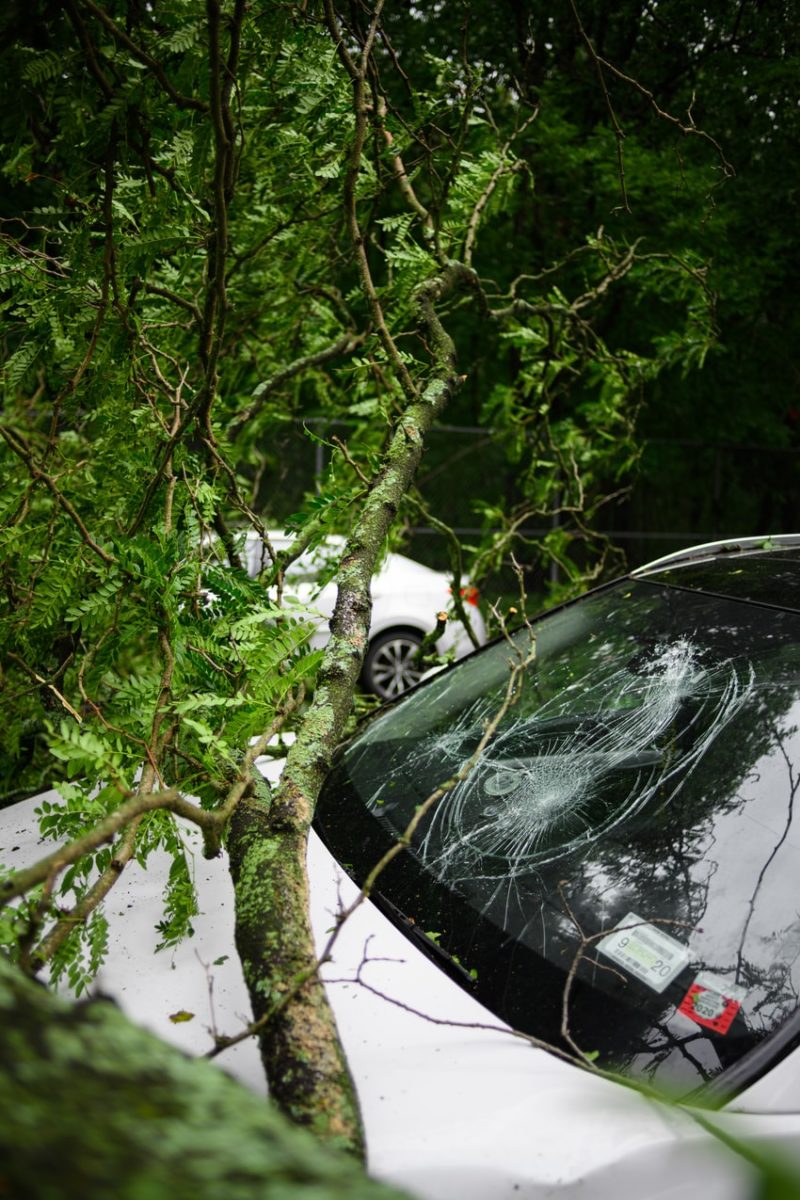How Much Does Auto Insurance Cover for Car Rentals
You’ve made it, you have arrived at your vacation destination, and you are ready to spend time with your family. But, before you need to go to the rental car counter. However, a process that you thought was easy turns into a nightmare when you get the rental car contract with a series of insurance options. That’s why to avoid this scenario, many people wonder, ‘does my auto insurance cover rentals?’
The majority of people are afraid to turn down what the rental company offers since they don’t want to be in trouble if something happens. But, you need to understand that, usually, what you can get at the rental counter overlaps with your auto insurance policy. That’s why it is crucial to know what kind of protection you already have and which gaps you might need to fill.
First, you need to know what insurance options you can get at the counter and how much it costs.
Rental Car Insurance Policies
It is essential to determine which type of policies your rental car company offers before you get to your destination. That way, you can check if any of the protections overlaps with your auto insurance. To help you out, here is a list of the rental car insurance companies offer.
Collision and damage waiver
When you sign this waiver, it means the company won’t come after you financially if something happens to the vehicle. That’s why if your rental gets stolen or vandalized, the company will take care of all the repairs. Even though this waiver is not considered insurance, it will still appear in your options.
Liability Coverage
Liability coverage is meant to cover all the costs of an accident in which you are found responsible. This is something that you should already have as a part of your auto insurance policy since it is mandatory if you want to legally drive your car. That’s why you might want to skip this option.
Personal accident insurance
This policy will cover all the medical expenses, in case you are involved in an accident. Remember that if you already have personal injury protection included in your auto insurance policy, as well as proper health insurance, you won’t have to purchase this coverage.
Personal Effects Coverage
The personal effects coverage will protect all your personal items in case they get damaged or stolen. However, your personal effects are also covered under your homeowners or condo insurance. For that reason, you might choose not to buy this policy at the car rental counter.
If you choose the basic coverage that the rental car company offers, you can end up paying between $10 to $30 a day. But, depending on the individual plan you end up choosing that amount can increase.
What coverage do I get from my auto insurance policy?
If you want your auto insurance policy to cover your car rental, the first thing you need to do is find a good company. In this regard, we recommend Surex since they offer protection at an affordable price through their insurance partners. In the process of getting the proper coverage for your vehicle, it is essential to ask the insurance agent what is the protection in case you rent a car.
Usually, if you have full coverage insurance, your primary policy will also protect your rental vehicle. Keep in mind that when we talk about full coverage, we refer to a combination of policies, including liability, collision and comprehensive. Some drivers might have a basic plan that only consists of liability coverage. In that case, it will be better to consider purchasing what the rental company offers.
If you are still wondering, ‘Does my auto insurance cover rental cars?’ Here are some factors that can give you the answer.
Minimum liability
Even though you only need minimum liability coverage to drive your car legally, if you rent a car, that might not be enough. That’s why we would recommend purchasing supplemental liability coverage with the car rental company.
Full Insurance policy
As we explained above, in most cases, when you have full coverage, that will also protect your rental car. However, that is not always the case. That’s why it is better to always check with your insurance agent. If your primary insurance covers your rental car, then you can decline the loss damage waiver. The downside is that if the vehicle gets damaged, the company could charge you for the repairs.
Medical expenses Coverage
If you have a policy within your auto insurance that covers all medical expenses in case of an accident, you won’t have to purchase personal accident insurance.
Overall, when you have a complete auto insurance policy with high limits, you can deny what the rental car company offers.
Do I have any coverage through my credit card?
When thinking about travelling abroad, many drivers ask, ‘Does my auto insurance cover rentals?’ However, most of them forget they can also get protection through their credit card. If you use a credit card to pay the full balance, you will get secondary coverage. This is something that will kick in after your primary coverage, which you will get through your auto insurance policy.
There are some cards through which you will be able to get primary and secondary coverage. But, that is not the common scenario. Plus, the coverage you get will depend on your provider and the type of card you have.
When to buy rental car insurance
Since we have already talked about in which instance you can deny the rental coverage. At last, we will tell you in which cases it will be better to purchase it.
- When you don’t own a car, since you won’t have an auto insurance policy. But, before, check if any of the coverages overlap with your homeowner’s insurance.
- If you want to have peace of mind, and don’t worry the whole trip about any additional costs.
- As we explained above, if you have low liability coverage.
Conclusion
In this article, we answer the question, ‘Does my auto insurance cover car rentals?’ But, to sum up, here are some key concepts to keep in mind. If you have auto insurance, that will usually cover car rentals. Plus, you will also get secondary coverage through your credit card. Finally, before any trip, always check what kinds of protections your current policies offer.














